Our Partners
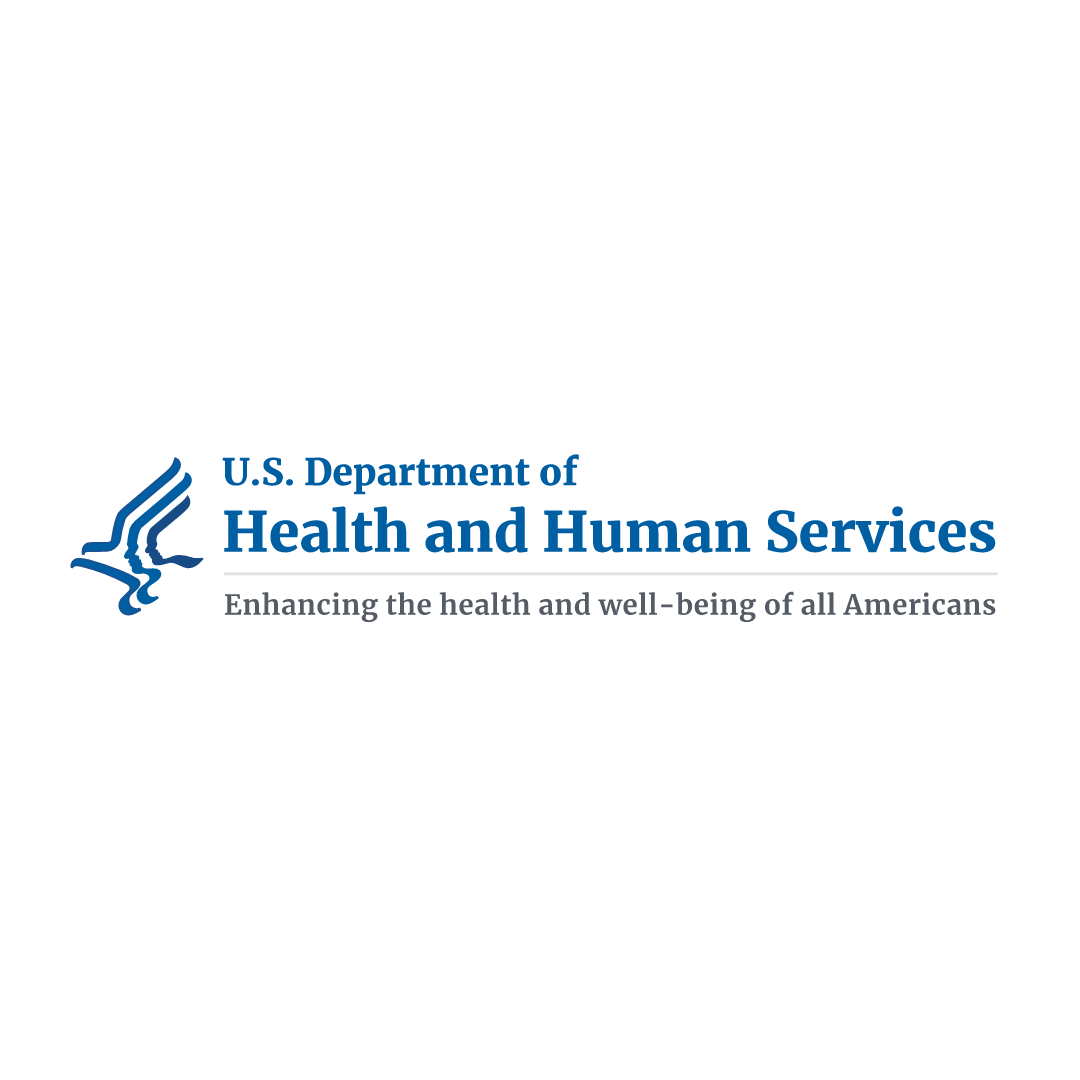
Dept. of Health & Human Services
Dept. of Health & Human Services
The mission of the U.S. Department of Health and Human Services (HHS) is to enhance the health and well-being of all Americans, by providing for effective health and human services and by fostering sound, sustained advances in the sciences underlying medicine, public health, and social services. HHS administers more than 100 programs across its operating divisions. HHS programs protect the health of all Americans and provide essential human services, especially for those who are least able to help themselves.
Visit Website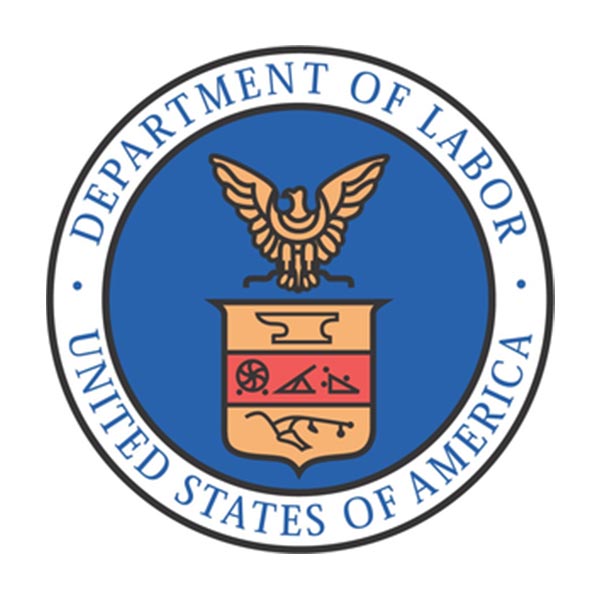
Department of Labor
Department of Labor
The US Department of Labor receives an annual appropriation from Congress for the federal YouthBuild program, which it operates effectively with close attention to quality, performance outcomes, and community need. The federal YouthBuild appropriation for FY15 is 79.7 million dollars. Each YouthBuild program in the United States is operated by an autonomous non-profit or public entity that secures its own funding – a mix of public and private support. The US Department of Labor is the primary public funding source. YouthBuild USA does not directly run any local programs nor does it participate in the selection of DOL YouthBuild grantees. Roughly half of the current funding for local YouthBuild programs in the United States comes from the US Department of Labor (DOL) under the federal YouthBuild program whichwas reauthorized within the Workforce Opportunities and investment Act passed in 2014. DOL grants funds directly to the local YouthBuild program through an annual competitive process that rewards performance and prioritizes low-income communities. There are two ways that a local non-profit or public entity can obtain the right to use the YouthBuild name. It can win a competitive YouthBuild grant directly from DOL; or it can be licensed by YouthBuild USA as a YouthBuild program through the YouthBuild USA Affiliated Network. All local non-profit and public entities are eligible to apply to DOL and/or to apply for affiliation with YouthBuild USA. The DOL requires all YouthBuild grantees to raise a minimum of 25% in matching non-federal funds. Individual program grants range from $700,000 to $1.1 million and cover two years of programming with nine months of follow up support for about 40 students. In 2015, DOL is funding the full program year for 143 YouthBuild programs including 4,800 young people across 31 states, the District of Columbia and the U.S. Virgin Islands. DOL’s eligibility requirements for YouthBuild students focus on low-income young people who have left high school without a diploma, are exiting foster care, or have been adjudicated. There is a flexible 25% waiver in order not to exclude any applicant in need of the program’s services. YouthBuild programs licensed by YouthBuild USA that do not win one of the limited competitive grants from the DOL must raise all their funds from other public and private sources. This is difficult, and some of them go dormant or close for lack of funds when they do not receive a DOL grant. DOL receives many more qualified applications than it can fund, and virtually all local programs receive many more youth applicants than they can accept. This high demand and high need creates an urgent mandate for expanded federal funding. YouthBuild was first authorized as a federal program in 1992 under Subtitle D of Title IV of the Cranston-Gonzalez national Affordable Housing Act and administered by the US Department of Housing and Urban Development. It was transferred at the initiative of the George W. Bush administration with unanimous consent of Congress to the US Department of Labor in 2006. On July 22, 2014, President Obama signed the Workforce Innovation and Opportunity Act (WIOA) within which the DOL YouthBuild program was reauthorized. This signifies a major vote of confidence in the YouthBuild model from both Republicans and Democrats in Congress, who passed this legislation with an overwhelming majority (95-3 in the Senate and 415-6 in the House of Representatives). Bi-partisan support over 22 years has led to a total of 1.4 billion dollars being distributed directly to hundreds of local communities for independent non-profit and public entities to produce excellent YouthBuild programs for over 130,000 young people who have produced over 28,000 units of affordable housing while working toward their own high school diploma or its equivalent and a variety of industry recognized credentials.
Visit Website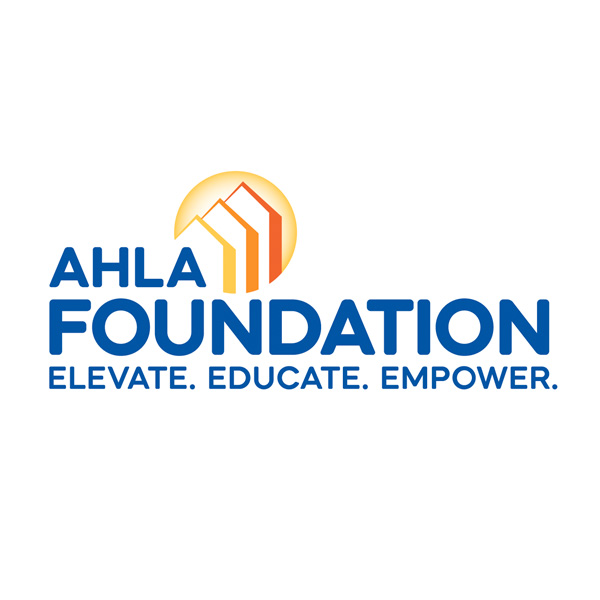
AHLA
AHLA
The AHLA Foundation is a non-profit organization dedicated to advancing the hospitality industry through education, research, and workforce development initiatives. It provides scholarships, grants, and professional development opportunities to individuals pursuing careers in hospitality, as well as support for hospitality-related educational programs and research projects. The foundation also focuses on promoting diversity, equity, and inclusion within the industry and works to address critical workforce challenges by providing training and resources to hospitality professionals at all levels. Through its various programs and initiatives, the AHLA Foundation plays a vital role in shaping the future of the hospitality industry and supporting the success and advancement of its workforce
Visit Website
America’s Job Center
America’s Job Center
The America's Job Center of California (AJCC) operates as the primary One-Stop Center in the County of Kern, serving as a vital hub for local employers and job seekers alike. Through partnerships with Employers' Training Resource (ETR) and other entities, AJCC offers a wide array of services aimed at enhancing workforce development. For job seekers, these services include access to no-cost training programs, job placement assistance, and a comprehensive range of job-hunting resources. For employers, AJCC facilitates applicant recruitment and screening processes, along with providing various other services to meet their workforce needs. Additionally, AJCC extends its support to youth by offering no-cost training opportunities and additional resources tailored to their specific needs.
Visit Website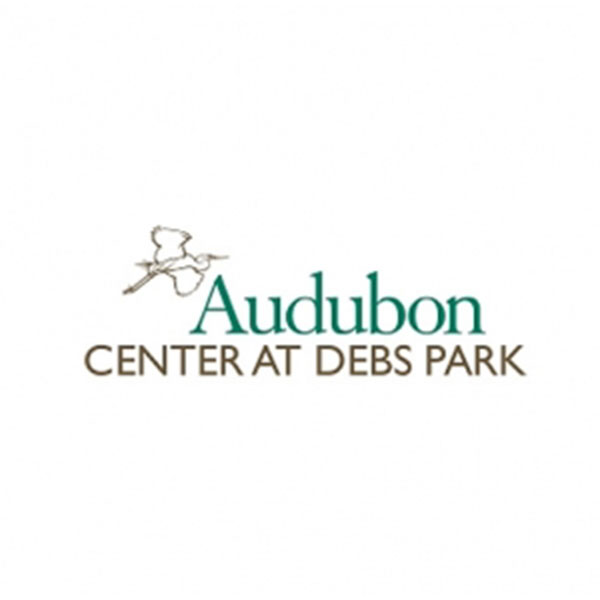
Audubon Center
Audubon Center
The Audubon Center at Debs Park opened in 2003 as an environmental education and conservation center, and first LEED platinum certified building in the country. Often described as a "hidden jewel", the Audubon Center at Debs Park seeks to engage with the local communities of northeast Los Angeles. The Center is located in the fourth largest park in the city of Los Angeles. More than half of the park is covered in walnut-oak woodland, grassland, and coastal sage scrub, a remnant of the native habitats that once rimmed the Los Angeles Basin. Over 140 species of birds have been recorded here. The Center’s mission is to inspire people to experience, understand and care for the local natural world. The nature-based education and community programs at Debs Park are designed to engage children and their families in the outdoor world, and to give them a personal stake in its protection by making environmental issues relevant to their lives. The Center is operated by Audubon California, a state field program of National Audubon Society, and is a vital part of Audubon’s national outreach initiative to engage Latino audiences. The Center, which is surrounded by predominately Latino neighborhoods, is a unique gathering place and dynamic focal point for outdoor recreation, environmental education and conservation action.
Visit Website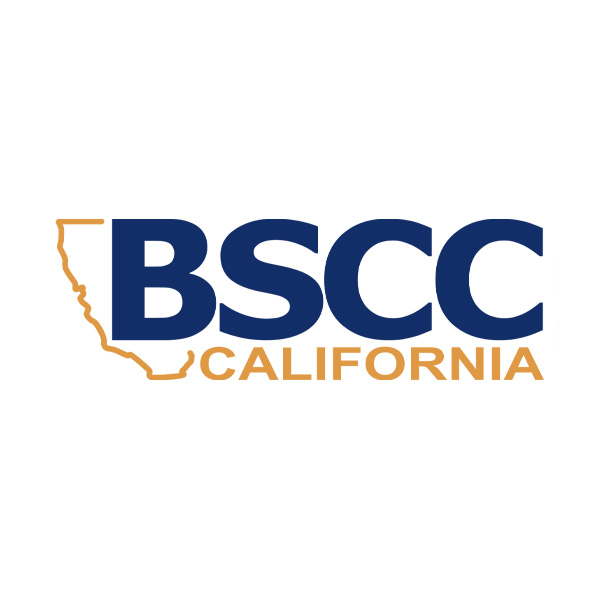
BSCC
BSCC
The Board of State and Community Corrections (BSCC) in California oversees various programs and initiatives aimed at improving public safety and reducing crime at the local level. One of its key initiatives is the California Violence Intervention and Prevention (CalVIP) grant program. CalVIP provides funding to local governments and community-based organizations to support evidence-based violence prevention and intervention strategies. BSCC administers the CalVIP program, distributing funding to eligible recipients based on established criteria and priorities. Through CalVIP, BSCC aims to support efforts that address the root causes of violence, promote community engagement, and enhance public safety across California.
Visit Website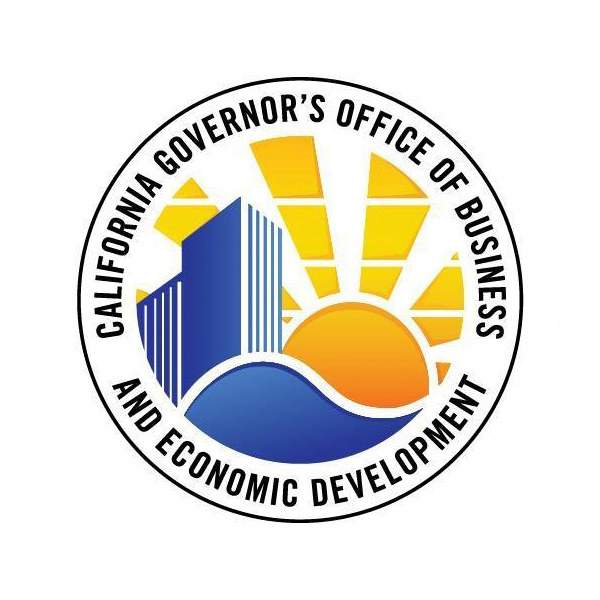
CalCRG
CalCRG
The California Community-Based Youth Mentoring Grant Program (CalCRG) is an initiative aimed at providing mentoring and support services to at-risk youth in California communities. It is administered by the California Governor's Office of Emergency Services (Cal OES) in collaboration with the Board of State and Community Corrections (BSCC). CalCRG funding supports community-based organizations, local governments, and tribal entities in implementing evidence-based mentoring programs that target youth ages 12 to 24 who are at risk of or involved in violence, crime, or delinquency. Through CalCRG, organizations receive funding to establish or expand mentoring programs that offer positive guidance, support, and opportunities for youth to develop life skills, build resilience, and make positive choices. These programs often involve mentorship by caring adults who serve as positive role models, providing guidance, encouragement, and support to help youth navigate challenges and reach their full potential. CalCRG funding also supports efforts to engage with youth, families, schools, and communities to create a supportive network and promote positive youth development.
Visit Website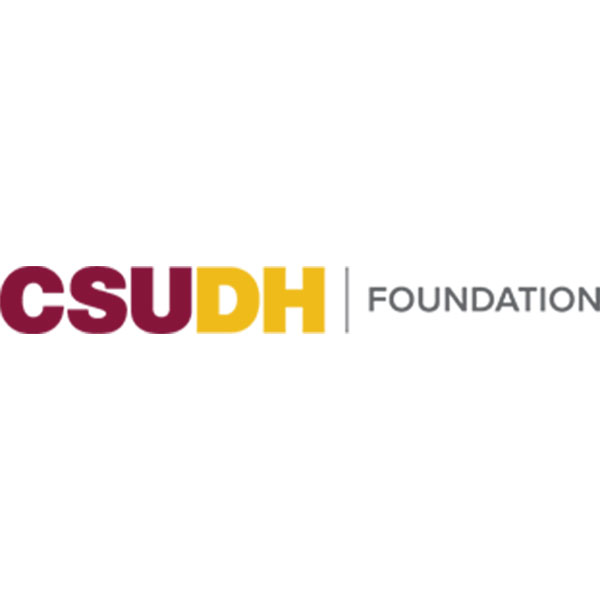
California State University Dominguez Hills Foundation
California State University Dominguez Hills Foundation
It is the vision of the Board of Directors of the Foundation to become a comprehensive financial resource and service provider for the University through the development of innovative programs and proven revenue-generating strategies. By becoming a critical and active link between the University and the local community, the Foundation will consistently support the University’s ever-expanding educational mission and objectives. Values The Foundation will achieve its mission and vision by developing and implementing programs effectively, as well as by adhering to the following values and qualities: Demonstrate a strong commitment to customer service Have an on-going dedication to support University needs Maintain efficiency and quality Demonstrate a concern for the community and for bringing together the community and the University (“the Communiversity”) Maintain open communication among University administration, staff, faculty, students and the community Think creatively about solutions.
Visit Website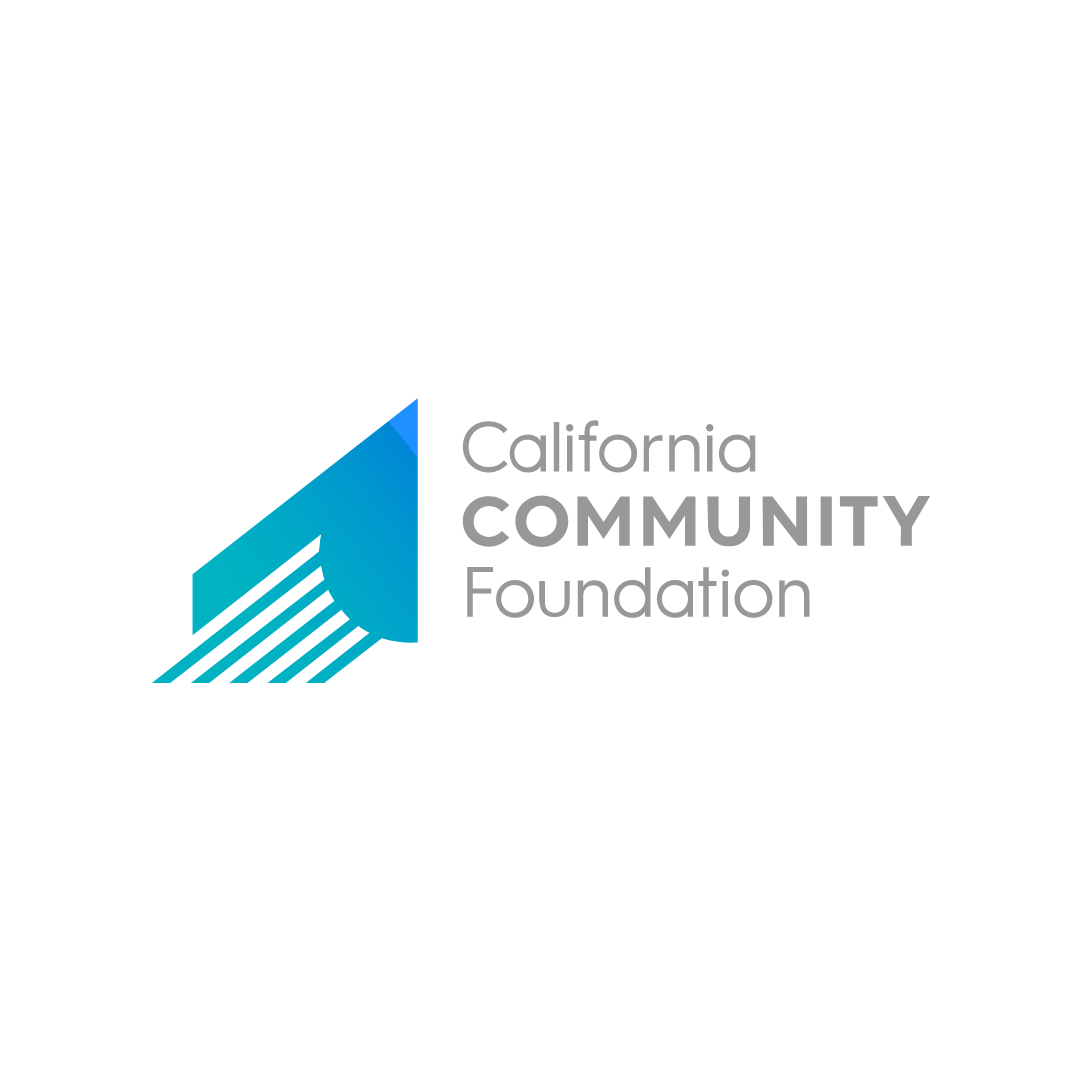
CCF
CCF
The mission is to lead positive systemic change that strengthens communities across Los Angeles. Envisioning a future where every Angeleno has the opportunity to contribute to the region's productivity, health, and overall well-being, the belief is in shaping a collective destiny through the enhancement of residents' quality of life. The impact resonates with the essence of Los Angeles itself, deeply rooted in the community. Committed to uncovering enduring, systemic solutions that tackle the core issues facing Los Angeles County, over $200 million in discretionary grants have been disbursed since 2000. These grants have touched the lives of hundreds of thousands, catalyzing transformative change in neighborhoods and beyond. Each grant signifies the lasting legacy of a donor dedicated to fostering a healthier, more prosperous, and empowered Los Angeles.
Visit Website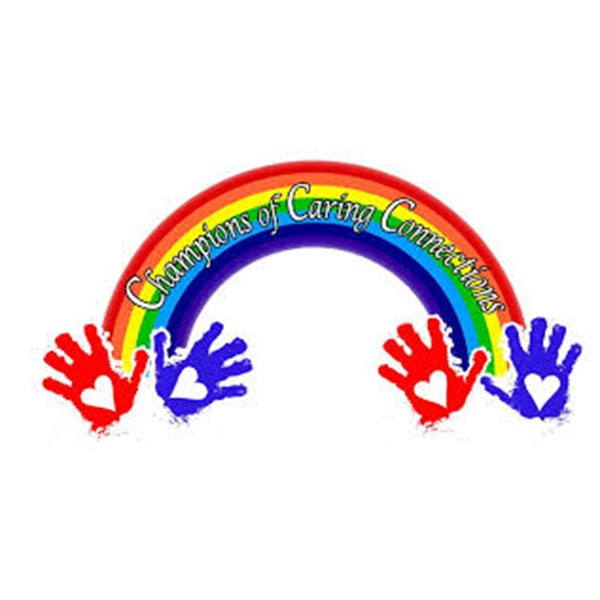
Champions of Caring Connection, Inc.
Champions of Caring Connection, Inc.
Champions of Caring Connection, Inc. (CCC) is a 501c3 charitable organization and has been operational since 2005. This organization meets the needs of homeless children and families, low income families and Transitional Age Youth with a collaborative service delivery design in the greater Compton area. Under the direction of Bettye Randle, retired/former Director of Health, Human, Homeless Education Youth Services for the Compton Unified School District. The leadership and commitment of the Executive Director and the Board of Directors is one of compassion and caring and is demonstrated by their visibility in the community to meet the needs of homeless, low income families and children.
Visit Website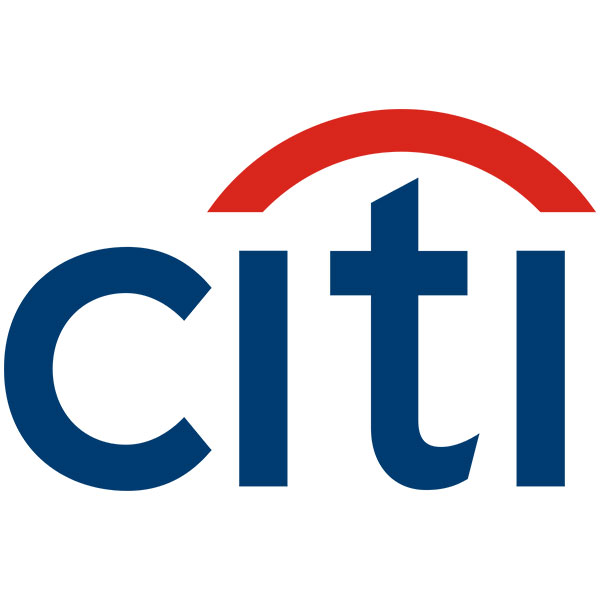
Citi Foundation
Citi Foundation
The Citi Foundation works to promote economic progress and improve the lives of people in low-income communities around the world. We invest in efforts that increase financial inclusion, catalyze job opportunities for youth, and reimagine approaches to building economically vibrant cities. The Citi Foundation's "More than Philanthropy" approach leverages the enormous expertise of Citi and its people to fulfill our mission and drive thought leadership and innovation.
Visit Website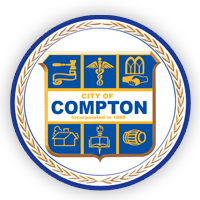
City of Compton
City of Compton
Compton greeted the 21st century as a multiracial, multicultural community of nearly 100,000 residents. The 2000 census recorded 56.8% of the population as Hispanic or Latino; 40.3 percent, Black or African American; 1.1%, Hawaiian or Other Pacific Islander, 0.7% Native American or Alaskan Native, and the balance Asian, White or other race. Compton’s easy accessibility to and from five freeways and the affordability of its housing (median home price was $407,000 in December 2006) has drawn additional residents and sparked the interest of developers. In the first few years of the century, developers constructed over 100 new homes and built a new Rite Aide, Wells Fargo Bank, two Starbucks, and a number of retail/commercial centers. The burgeoning student population required the Compton Unified School District to construct William F. Jefferson Elementary School, the first new school in the district in 35 years. In February 2007, construction began on the Gateway Towne Center, a 51-acre mixed-use commercial/residential project on Alameda Boulevard that will include a Target, Staples, 24-Hour Fitness, Marshalls, Home Depot, and Chili’s, among others. The center is expected to open in October 2007. Construction has also begun on 136 condominium units in a gated, mixed use complex on Tamarind Avenue.
Visit Website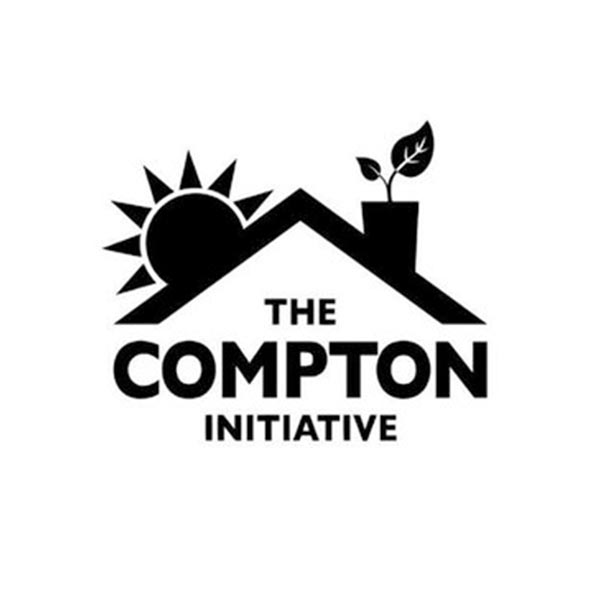
The Compton Initiative
The Compton Initiative
The Compton Initiative is a non-profit organization committed to bringing hope & restoration to the City of Compton. We organize quarterly beautification projects, to transform schools, homes, grow beautiful gardens and paint inspirational murals throughout the city. We are dedicated to restoring Compton block by block increasing volunteerism, ownership and potential. Learn more at www.justdogood.org
Visit Website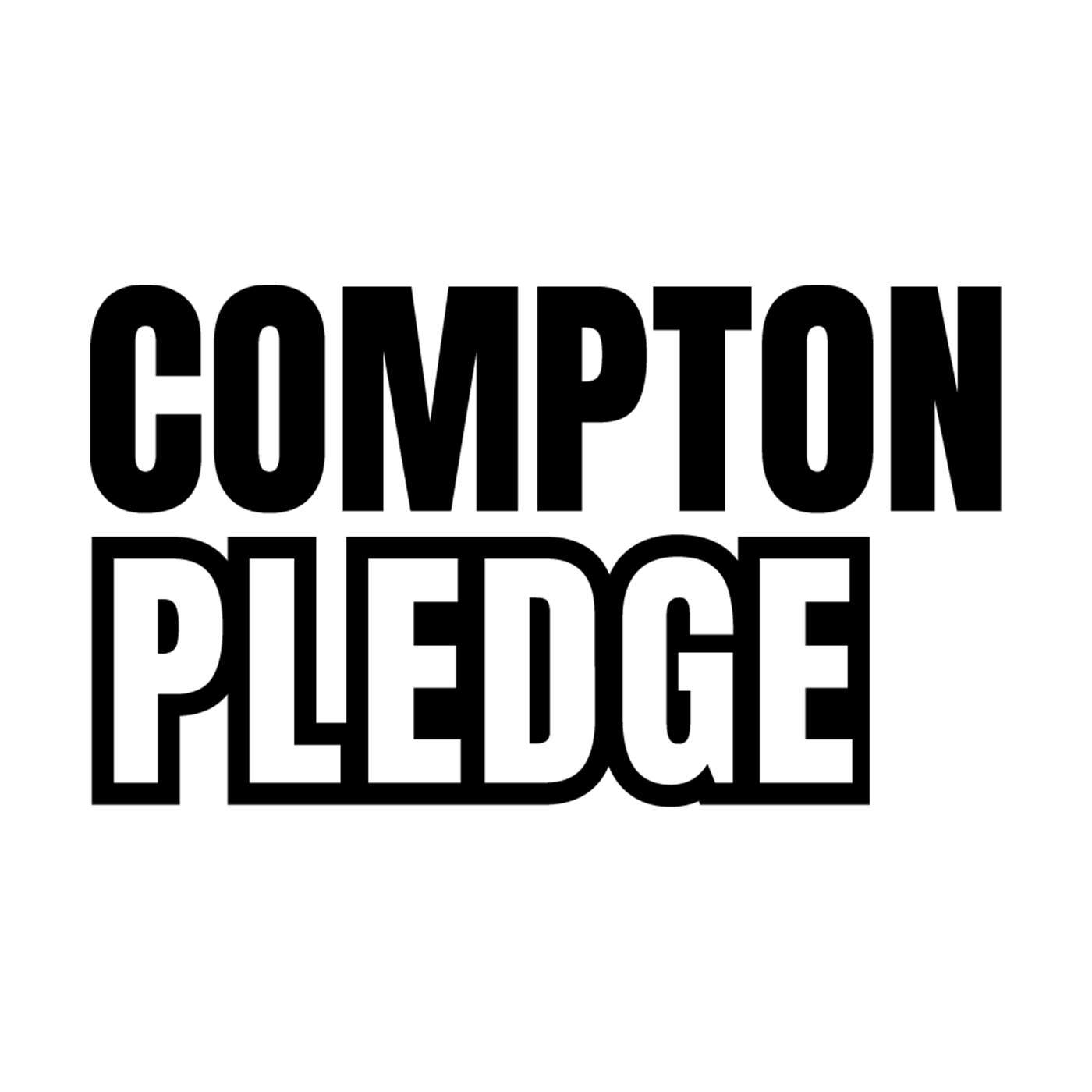
Compton Pledge
Compton Pledge
The Compton Pledge is a landmark guaranteed income initiative that will distribute recurring cash relief to low-income residents for 2 years, marking the largest city-based guaranteed income pilot in the U.S. The idea of guaranteed income (GI) is simple but powerful: unconditional, direct, and continuous cash payments delivered to all residents to supplement existing welfare benefits. By ensuring that no individual falls below a defined income floor over time, GI creates a true safety net. It enables families to weather crises and government actors and philanthropists to invest directly in the path towards economic justice and reparations.
Visit Website
County of Los Angeles Public Health
County of Los Angeles Public Health
The Los Angeles County Department of Public Health (DPH) is a government agency responsible for safeguarding and improving the health and well-being of the residents of Los Angeles County. DPH works to prevent disease, promote health, and protect the community through a variety of programs and services. These include disease surveillance and control, health education and promotion, environmental health regulation, emergency preparedness and response, and access to healthcare services. With a focus on addressing public health challenges and disparities, DPH collaborates with various stakeholders and community partners to ensure that all residents have the opportunity to live healthy and thriving lives.
Visit Website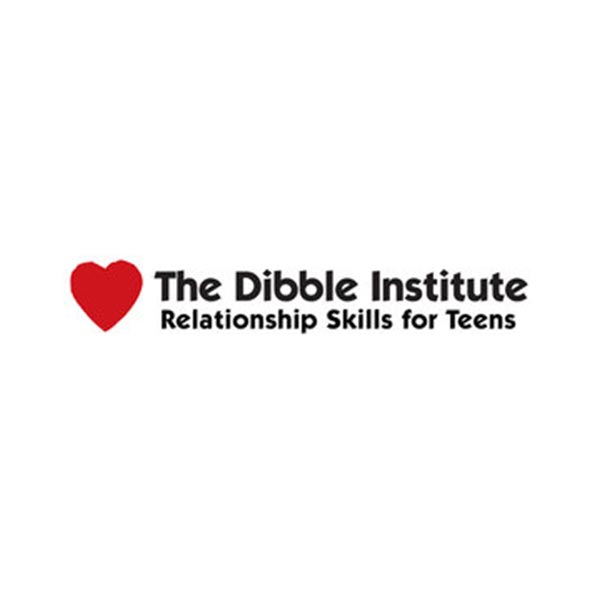
The Dibble Institute
The Dibble Institute
Relationship Skills for Teens The non-profit Dibble Institute promotes relationships training for youth especially in the context of dating and romantic connections. Our goal is help young people build a foundation for healthy romantic relationships now, and for lasting, positive family environments in the future. Dibble materials teach teens and young adults how to be successful in friendships, dating, and love. Themes include: Dealing with emotions What makes a healthy relationship Recognizing dangerous relationships Effective communication Conflict management Low-risk dating strategies The social and emotional sides of sex The Dibble Institute (click here to read more)
Visit Website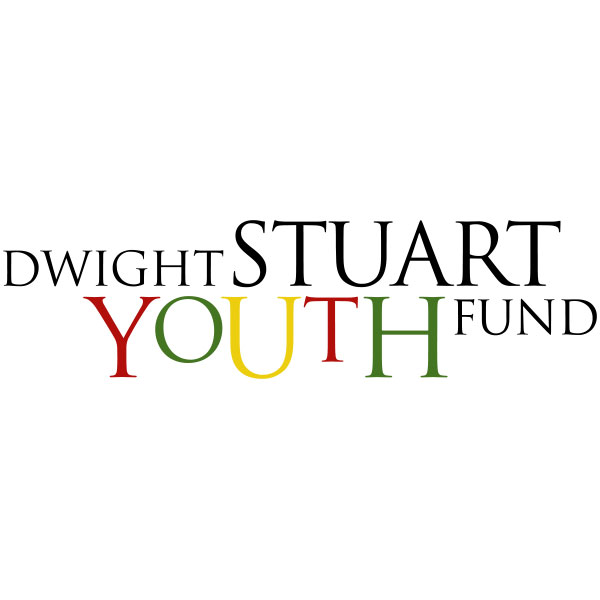
Dwight Stuart Youth Fund
Dwight Stuart Youth Fund
The mission of the Dwight Stuart Youth Fund (DSYF) is to support organizations in Los Angeles County that provide direct services and experiences to underserved children and youth so they may gain values, skills, and confidence to achieve their potential.
Visit Website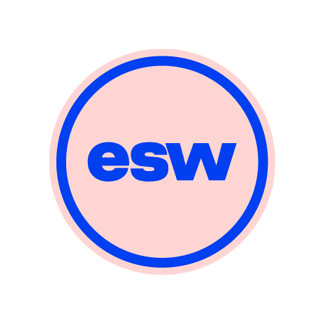
Eat Sleep Work
Eat Sleep Work
Eat.Sleep.Work. is a brand and digital design agency headquartered in El Segundo California. Founded in 2005, ESW is a collaborative of graphic designers. coders and content strategists whose mission is to create awesome brand experiences.
Visit Website
Essential Access Health
Essential Access Health
Essential Access Health champions and promotes quality sexual + reproductive health care for all. Essential Access Health helps teens make healthy and informed decisions about their sexual and reproductive health through a variety of teen outreach programs designed to meet them where they are - online and on their phones - with medically accurate and teen-friendly information. Essential Access Health also promotes family communication by providing parents with the tools they need to talk about sexual and reproductive health with their teens. Learn more at essentialaccess.org
Visit Website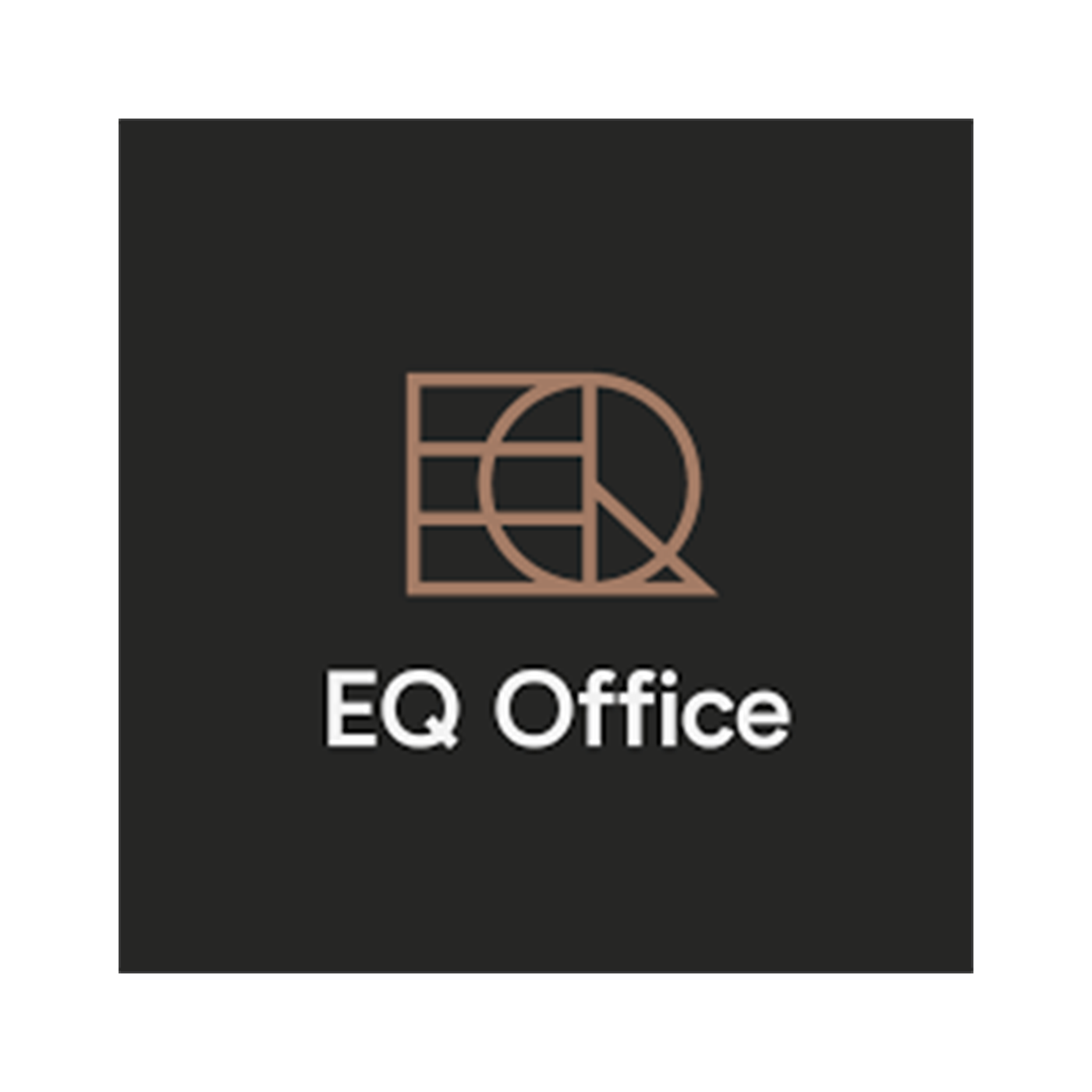
EQ Office
EQ Office
EQ Office partners with business leaders to design human-centered workplaces where everybody thrives, from Fortune 100 to companies of one.
Visit Website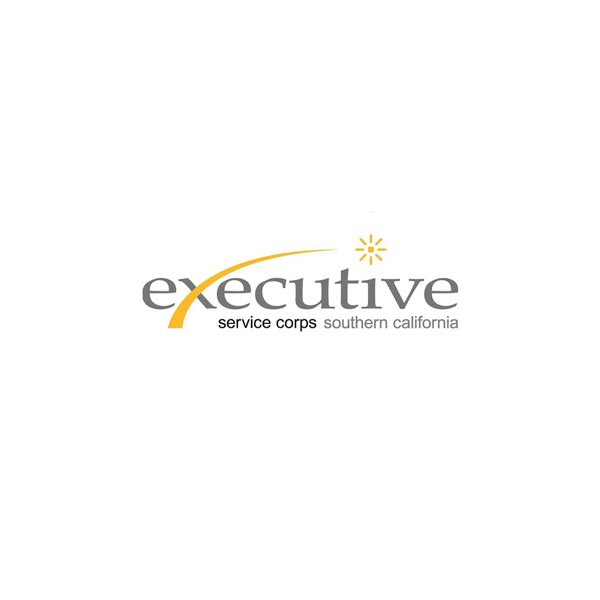
Executive Service Corps Southern California (ESC)
Executive Service Corps Southern California (ESC)
Mission: To empower nonprofits to achieve their missions through affordable coaching and consulting by trained executive-level volunteers. Vision: Successful nonprofits making our community an extraordinary place in which all can thrive Approach: ESC provides high quality, affordable coaching and consulting services for nonprofits throughout Southern California. Our team of executive-level consultants volunteer their knowledge and experience to support our nonprofit clients as they face their most pressing challenges – and impact the lives of those who depend on their services every day. ESC’s consultants come from diverse backgrounds with senior management experience in business, nonprofit organizations, academia and government, and receive extensive training from ESC. They are passionate about what they do, providing a consistently high level of service and devoting the necessary time to each client’s needs in order to ensure lasting results. ESC trains and supports our volunteers in a client-centered approach based on a coaching model that employs active listening, facilitation, patience and guidance — with a deep commitment to client confidentiality At ESC, we are committed to our clients’ success, staying involved from planning through implementation and impact.
Visit Website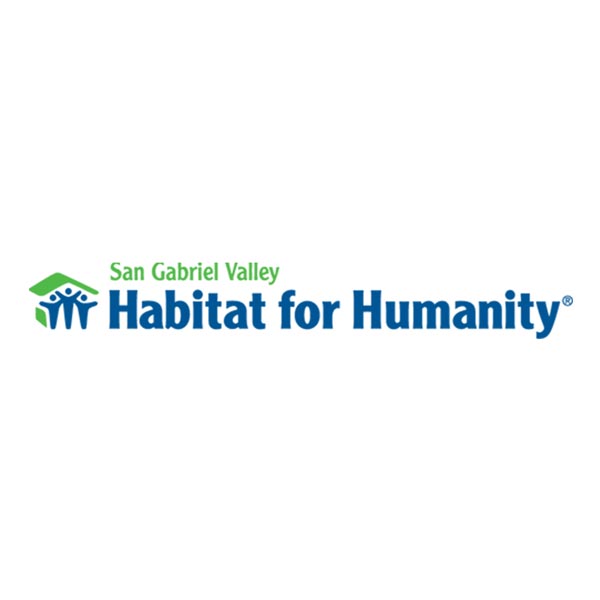
Habitat for Humanity
Habitat for Humanity
Southern California’s San Gabriel Valley Habitat for Humanity (SGVHFH) transforms lives and communities by bringing people together to build, renovate, and repair affordable homes for families in need across the 400 square miles of Los Angeles County’s San Gabriel Valley. Since our inception in 1990, as an independent affiliate of Habitat for Humanity International, we’ve brought people together to build homes, communities, and hope – driven by a shared vision of a world where everyone has a decent place to live! There is a severe and growing affordable housing crisis in Southern California. With more than 58% percent of San Gabriel Valley residents paying more than they can afford in housing costs, we know that we must do more. Over the next two years, we are committed to doubling the number of families our organization has served from 94 families, 428 low-income individuals, to 200 families, approximately 800 low-income men, women, and children. Through financial support, volunteering or adding a voice to support affordable housing, everyone can help families achieve the strength, stability, and self-reliance they need to build better lives for themselves. SGV Habitat has been recognized with Charity Navigator’s 4-star rating for excellence in sound fiscal management and commitment to accountability and transparency for eleven consecutive years (2008-2018), placing SGV Habitat in the top 1% of all nonprofit organizations evaluated by Charity Navigator. In 2016, SGV Habitat earned 100%, a perfect score, which it still holds today!
Visit Website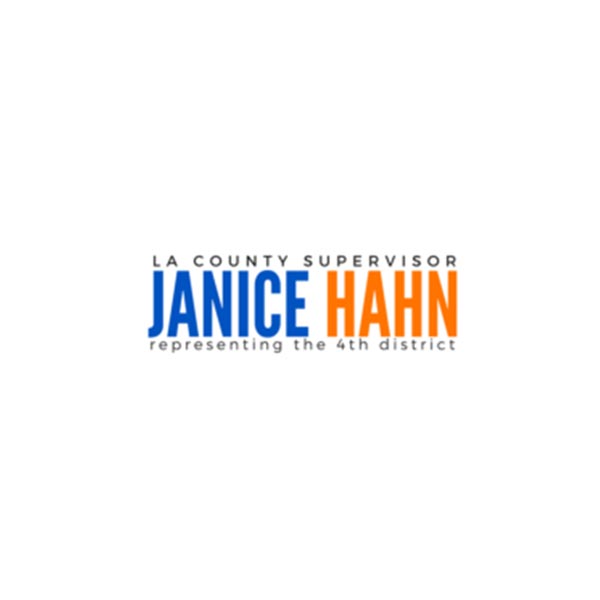
Janice Hahn, LA County Supervisor
Janice Hahn, LA County Supervisor
Janice Hahn was elected to the Los Angeles County Board of Supervisors in November 2016. She represents the 4th district which stretches from Marina del Rey through the beach cities, the Palos Verdes Peninsula, the Harbor Area, Long Beach, through the Gateway Cities and east to Diamond Bar. In her short time on the Board, Supervisor Hahn has already established herself as a leader in the struggle to end the current homelessness crisis, a champion for communities plagued by pollution and health problems, and a dynamic new voice on the Metro Board of Directors. Supervisor Janice Hahn inherited a passion for public service from her late father, Supervisor Kenneth Hahn, who held public office in Los Angeles County for fifty years and who left behind an incredible legacy of service. Before being elected to the Board of Supervisors, Janice Hahn served for ten years on the Los Angeles City Council and for five and a half years in Congress. While in Washington, she served on the House Homeland Security Committee, Committee on Small Business, and the Committee on Transportation and Infrastructure. She earned nationwide recognition for founding the PORTS Caucus and recruited over 100 of her fellow House colleagues to advocate for ports issues and infrastructure. She has been a leader on efforts to rebuild our national freight infrastructure system, level the playing field for small business owners, and reducing gang violence in our communities. During her time in Congress, Hahn had a reputation for working to find common ground across the political aisle on behalf of the American people.
Visit Website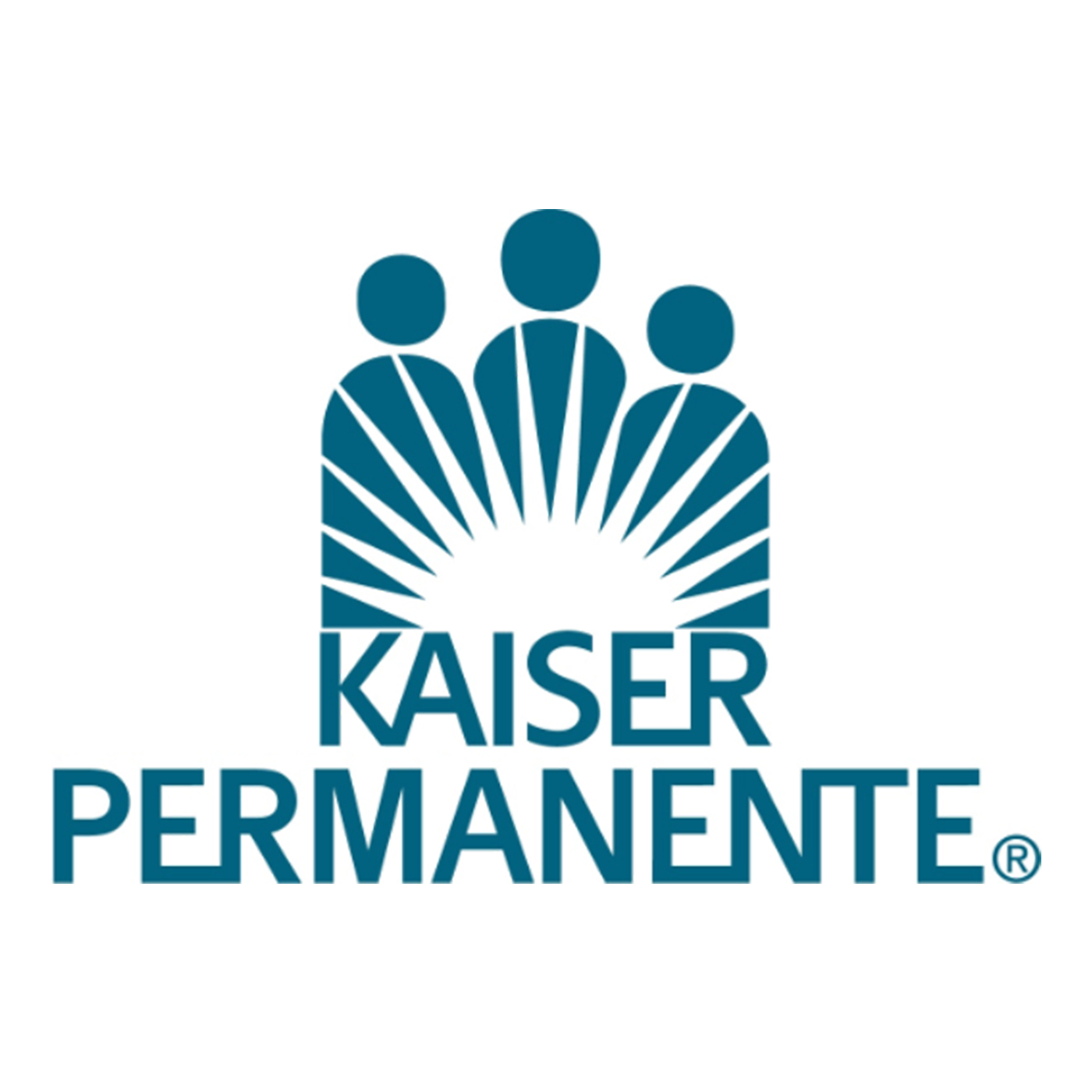
Kaiser Permanente
Kaiser Permanente
Kaiser Permanente is dedicated to improving the health of people living and working in the Downey area. Beyond contributing to strengthening the health care safety net through provision of emergency medical care, charity care, Medi-Cal and Healthy Families services, and Kaiser Permanente charitable coverage programs, we provide qualified nonprofit organizations with grant funding in order to improve the health and well being of the communities we serve.
Visit Website
LA County Justice Care & Opportunities Dept.
LA County Justice Care & Opportunities Dept.
JCOD aims to break the cycle of overreliance on incarceration in the County and promote thriving communities through innovative program planning and delivery. Their efforts encompass planning, strategy, policy development, cross-agency coordination, community engagement, metrics, outcome evaluation, and funding recommendations. Additionally, they are involved in program delivery, covering prevention, justice system intervention, diversion, stabilization, rehabilitation, and reentry initiatives
Visit Website
LA County Office of Violence Prevention
LA County Office of Violence Prevention
The LA County Office of Violence Prevention (OVP) is dedicated to reducing and preventing violence in Los Angeles County through comprehensive strategies and initiatives. It focuses on addressing various forms of violence, including gang violence, domestic violence, youth violence, and community violence. OVP works collaboratively with government agencies, community organizations, law enforcement, and residents to implement evidence-based prevention and intervention programs. These efforts aim to promote safety, support victims, and create healthier and more resilient communities. Through its work, OVP seeks to address the root causes of violence and create lasting positive change in the county.
Visit Website
LeadersUp
LeadersUp
The Future at Work LeadersUp is a 501(c)(3) organization with the mission of bridging the divide between the untapped potential of young people and the business challenge of finding and keeping the best talent. LeadersUp believes strategic investments in human capital is the key to creating an economically inclusive society. LeadersUp is a full service talent recruitment and development organization specializing in the retail, manufacturing and TDL industries, who partners with mid to large sized companies to provide a sustainable pipeline of highly motivated talent that’s customized to meet specific business needs. LeadersUp strives to engage businesses to connect opportunity youth to pathways that lead to middle-skilled careers, amplify business leadership that creates community impact, and develop and share innovative evidence-based practices that work. LeadersUp long-term strategic plan is to gain commitments from 100 companies to connect 5,000 young adults to career pathways across 10 U.S. markets by September 2017. Currently, LeadersUp is headquartered in Seattle, Washington and has major market presence in both Los Angeles, California and Chicago, Illinois.
Visit Website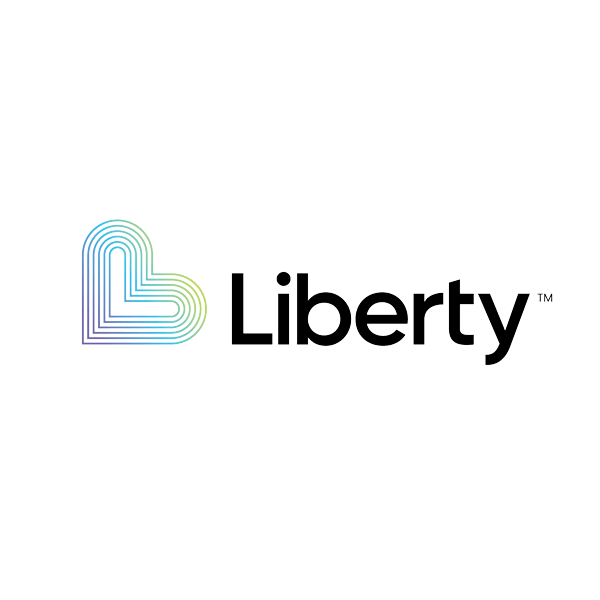
Liberty
Liberty
At Liberty, we strive to exceed local and national license-to-operate requirements when it comes to environmental management. Our goal is to ensure we comply with all environmental regulations, which is an extension of our local, responsive and caring culture.
Visit Website
Los Angeles Conservation Corps
Los Angeles Conservation Corps
The LA Conservation Corps is an environmentally focused youth development organization. As the largest urban conservation corps in the country, we provide opportunities for young adults throughout Los Angeles who are out-of-work and out-of-school to explore new pathways to meaningful career and education opportunities while improving the quality of life in Southern California. By offering paid work experience on green community projects, we strive to build resilience in our Corpsmembers and in the neighborhoods they call home.
Visit Website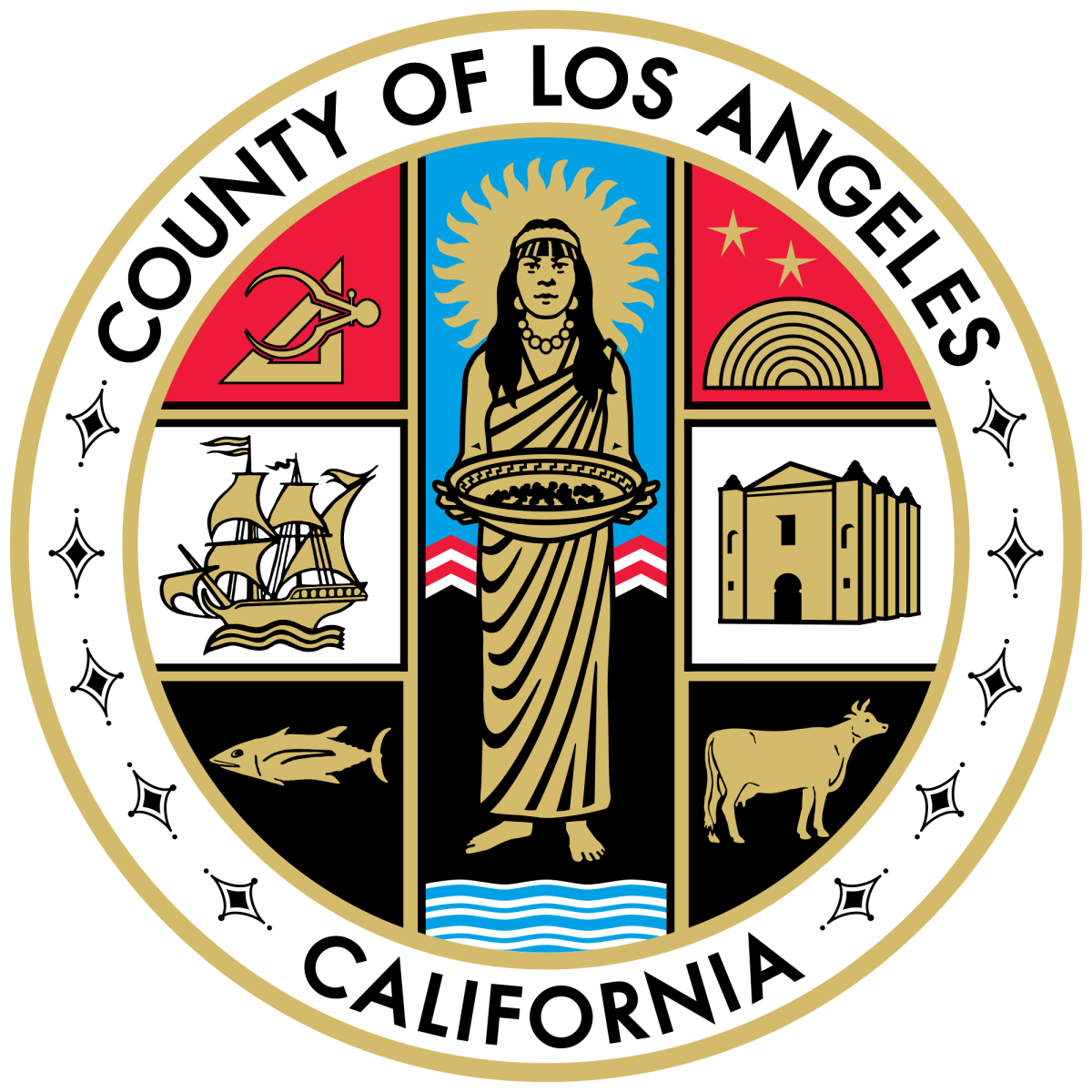
Los Angeles County
Los Angeles County
Los Angeles County, one of California’s original 27 counties, was established on Feb. 18, 1850. It is one of the nation’s largest counties with 4,084 square miles, and has the largest population of any county in the nation – nearly 10 million residents who account for approximately 27 percent of California’s population. As a subdivision of the state, the County is charged with providing numerous services that affect the lives of all residents, including law enforcement, tax collection, public health protection, public social services, elections and flood control.
Visit Website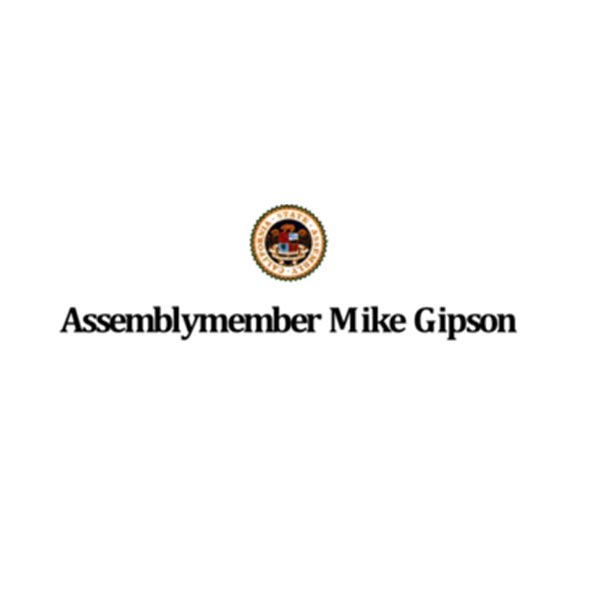
Mike Gipson, Assemblymember
Mike Gipson, Assemblymember
64th Assembly District that includes the communities of Carson, Compton, Gardena, Harbor Gateway, Lynwood, North Long Beach, Rancho Dominguez, South Los Angeles, Torrance, Watts/Willowbrook and Wilmington.
Visit Website
National Restaurant Association
National Restaurant Association
The National Restaurant Association is a restaurant industry business association in the United States, representing more than 380,000 restaurant locations. It also operates the National Restaurant Association Educational Foundation.
Visit Website
Neighborhood Housing Services of Los Angeles County
Neighborhood Housing Services of Los Angeles County
Mission Neighborhood Housing Services of Los Angeles County (NHS) serves as a catalyst for local residents, business and government representatives to work together to build stronger neighborhoods, improve the quality of life for low to moderate income families of modest means and to revitalize communities into neighborhoods of choice. NHS strengthens communities through the development and maintenance of quality affordable housing, creation and preservation of affordable homeownership opportunities, support of local leaders, providing financial education and increasing the financial independence of families and people in need. Our History Incorporated in 1984, Neighborhood Housing Services of Los Angeles County (NHS) has catapulted from a small local housing agency to the largest, non-profit affordable homeownership provider in Southern California. NHS is part of the NeighborWorks® America national network. Today, NHS provides work for over 45 employees serving clients throughout Los Angeles County. Fueled by passion and determination, the staff and volunteers are committed to revitalizing communities, building stronger neighborhoods and helping families of modest means actualize their dream of homeownership. Since 1984, NHS has developed and rehabilitated over 21,260 housing and commercial units, placed 4.4 million families on the road to homeownership, created 225 block clubs, employed over 232 neighborhood youth, and invested more than $5.35 billion back into some of Los Angeles County's toughest neighborhoods. We touch the lives of more than one million households as a member of NeighborWorks America and as an affiliate Community Development Financial Institution dedicated to revitalizing LMI neighborhoods destabilized by blight and economic divestiture. NHS serves all low-to-moderate income census tracts throughout Los Angeles County through our education and counseling work.
Visit Website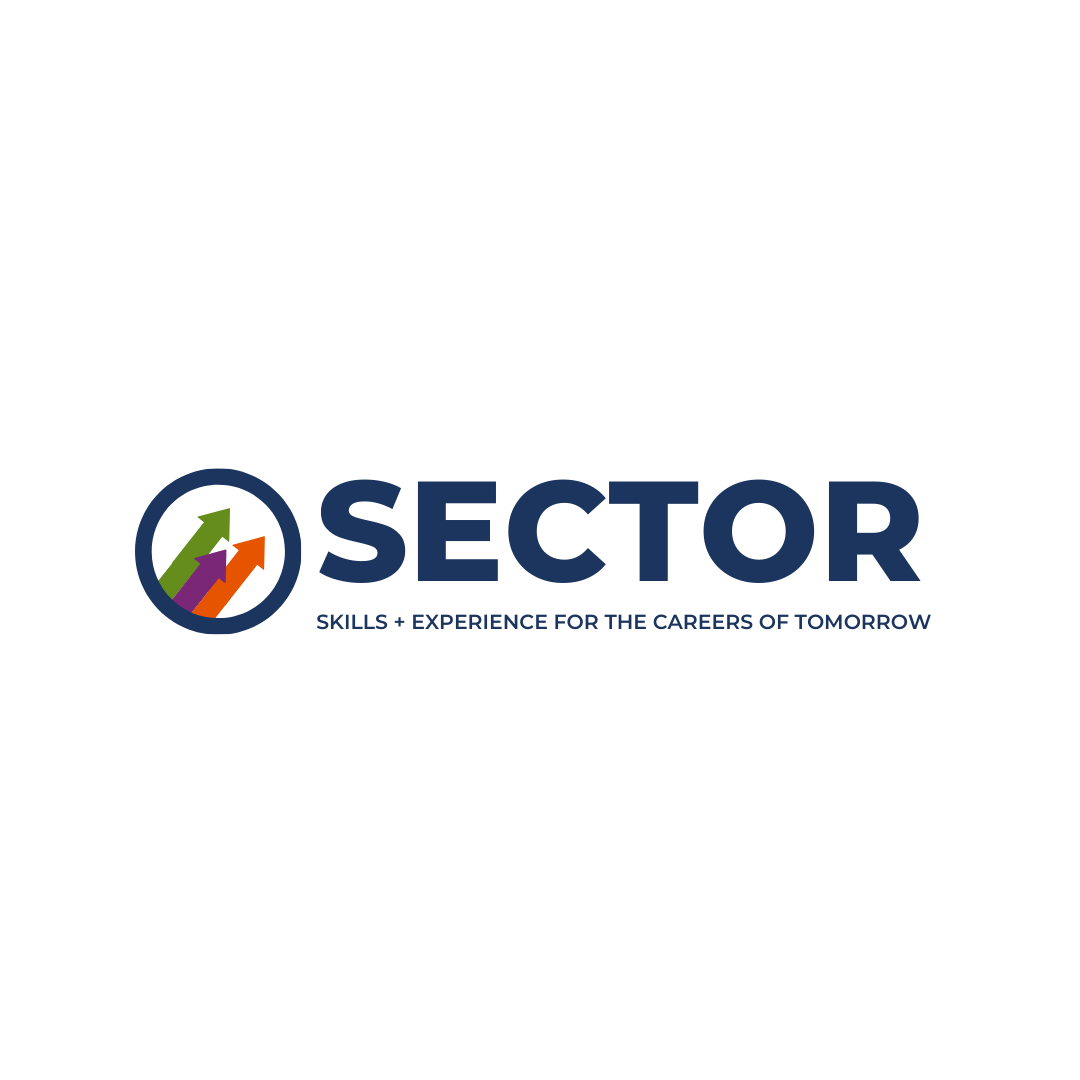
SECTOR
SECTOR
SECTOR is a program of the LA County Office of Diversion and Reentry and is funded by a Prop 47 grant. The SECTOR program provides training and paid work experience in high-growth sectors that offer career pathways and family-sustaining wages for people impacted by the justice system. Eligible participants are adults 18 and older who have been arrested, charged, or convicted of a criminal offense and have a history of mental health or substance use disorder needs. For more info, contact Kate Vacanti at kvacanti@dhs.lacounty.gov.
Visit Website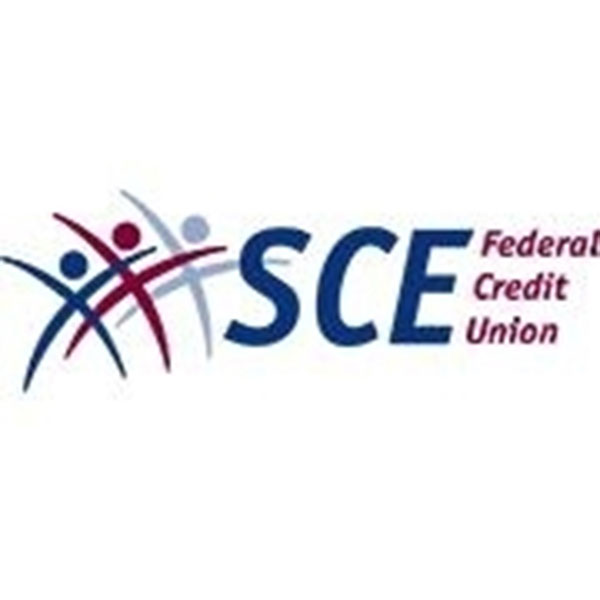
Southern California Edison Federal Credit Union
Southern California Edison Federal Credit Union
SCE FCU is a “not for profit, but for service” cooperative financial institution founded in 1952. We offer a full range of financial services to our members, from basic savings and checking accounts to mortgage loans and complex investment planning. Our members are our owners and each member has one vote and equal ownership in the Credit Union. There are no shareholders controlling the Credit Union, which allows us to concentrate on our most important assets – our members. By reinvesting profits back into our member/owners, we’re able to have fewer fees and better rates. Our promise is to treat you with respect, to be accurate and secure with your information, and to make it easy for you to do business with us. We’re proud to be part of America’s credit union movement, where people really are worth more than money.
Visit Website
Special Service for Groups
Special Service for Groups
Special Service for Groups, incorporated in 1952, is a nonprofit health and human service organization dedicated to building and sustaining community-based programs that address the needs of vulnerable communities. SSG operates more than 20 divisions and programs across Southern California and in San Francisco that provide linguistically and culturally competent services to address the social, health, behavioral health and economic needs of our richly diverse multi-ethnic communities.
Visit Website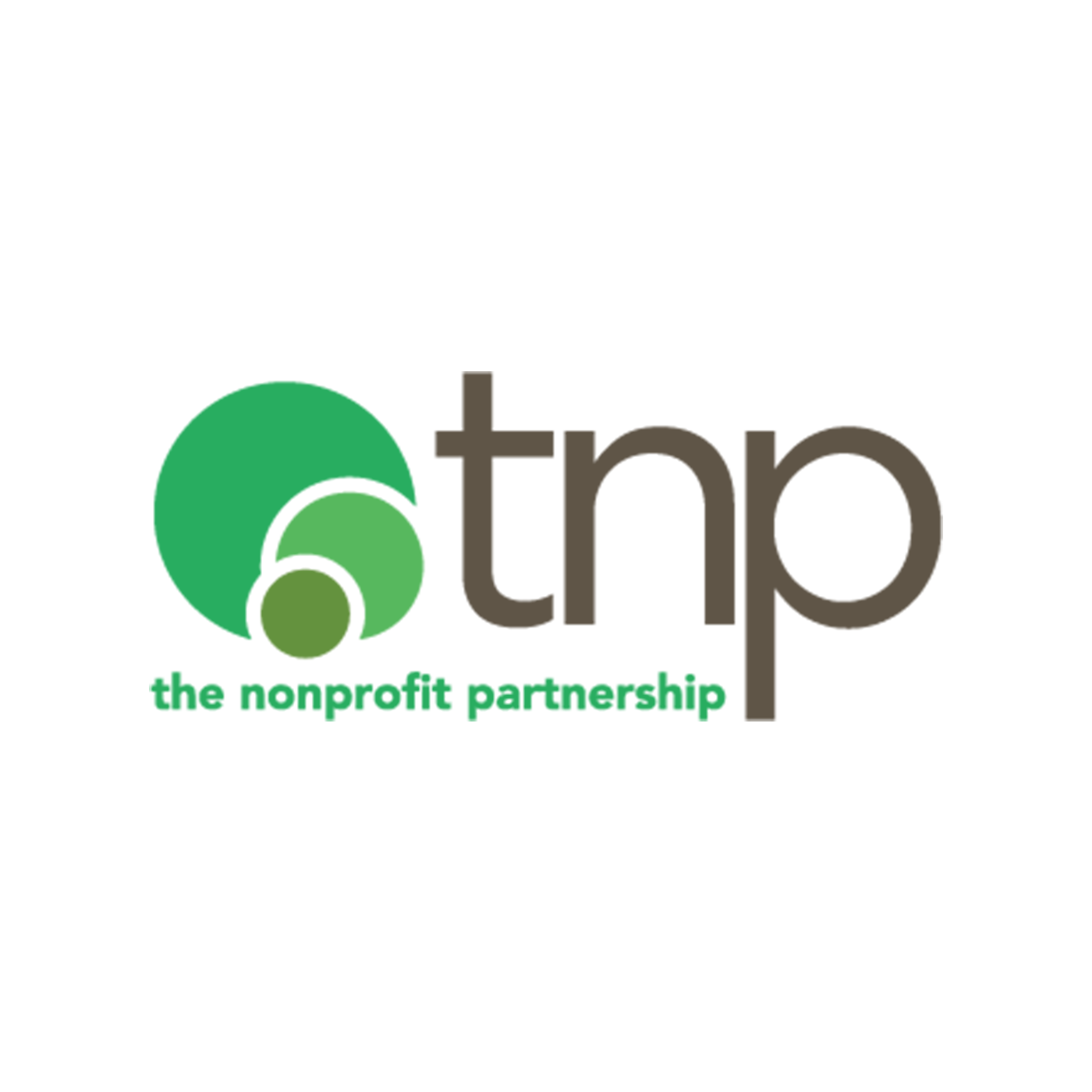
TNP (The Nonprofit Partnership)
TNP (The Nonprofit Partnership)
The Nonprofit Partnership has a direct and profound impact on our community by ensuring thousands of nonprofit professionals, board members and volunteers receive the tools and resources they need to be successful and make their organizations thrive. We provide affordable access to high-quality services that are sorely needed by nonprofits today: programming and resources that focus on building the capacity of our local community organizations by promoting collaborative opportunities, enhanced resource development, networking opportunities, custom support services and year round educational seminars and workshops.
Visit Website
Wells Fargo
Wells Fargo
We understand the important role we play in the success of our communities and key stakeholders. The U.S. has gone through stressful times recently. On some days there seem to be more forces driving us apart than pulling us together. Wells Fargo stands for something else. We’re here to serve all of our customers, to help them succeed financially, to invest in our communities, and to help our economy grow stronger. The economic recovery is uneven, and many people continue to struggle. We hear from them every day in our local offices, on our phone lines, and over the internet. We also hear with increasing frequency from citizen groups, elected officials, and regulators wanting us to assume increased responsibility for solving broad-based economic challenges. Now is not the time to retreat but to reach out and connect with our stakeholders and communities, to listen and understand, to do what’s right, to admit mistakes and learn from them, and to tell the Wells Fargo story to as many people as we can. Our donations to nonprofits are at record levels. Our team member volunteer hours are at all-time highs. Our relationships with human rights, advocacy, social services, and environmental organizations are stronger than ever. We’re serving more customers, with higher levels of customer satisfaction, than at any time in our company’s history. And our financial performance has been recognized by individual and institutional investors alike, who through their investments have made Wells Fargo one of the most valuable banks in the U.S. and the world.
Visit Website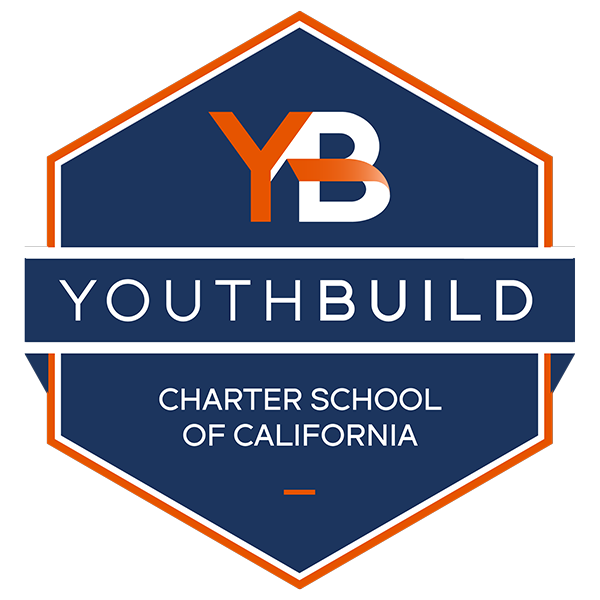
YouthBuild Charter School of California
YouthBuild Charter School of California
Charter School Of California YouthBuild Charter School of California (YCSC) holds a unique place in the landscape of California’s public charter schools. As a competency-based dropout recovery school, it seeks to provide a high school education that leads to a diploma for a distinct group of students. YCSC students, who are all between the ages of 16 to 24 years old, come from low-income families and underserved communities, and have previously left or been pushed out of the traditional school system without a diploma. They enroll at YouthBuild programs over-aged, under-credited, or both, in order to receive vocational training, counseling, leadership development and an education.
Visit Website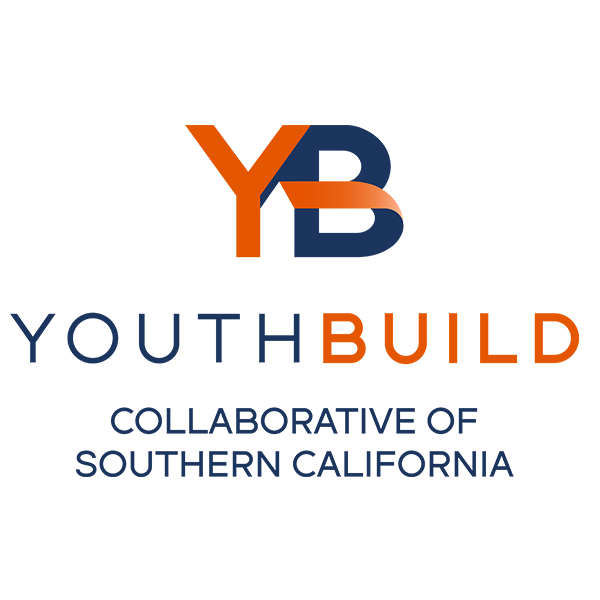
YouthBuild Collaborative of Southern California
YouthBuild Collaborative of Southern California
The LARYBC (Los Angeles Region YouthBuild Collaborative) is a network of Youthbuild programs in Southern California that are committed to unleashing the intelligence and positive energy of low-income youth to rebuild their communities and their lives. Our mission is to strengthen and support the development and resourcing of YouthBuild programs in the furtherance of the YouthBuild movement to benefit our under-resourced communities.
Visit Website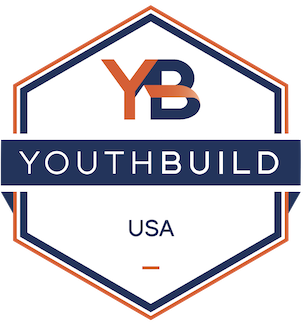
YouthBuild USA
YouthBuild USA
From Seattle to South Africa, YouthBuild programs fill an urgent need. Millions of young people around the world have energy, talent, and intelligence that are being wasted solely for lack of opportunity. There are at least 2.3 million low-income 16-24 year-olds in the United States who are not in education, employment, or training*. Globally, over 200 million youth are working poor and earning less than $2.00 a day. All are in urgent need of pathways to education, jobs, entrepreneurship, and other opportunities leading to productive livelihoods and community leadership. YouthBuild programs provide those pathways. All over the world they unleash the positive energy of low-income young people to rebuild their communities and their lives, breaking the cycle of poverty with a commitment to work, education, family, and community. At YouthBuild programs in the United States and across the globe, low-income young people learn construction skills through building affordable housing for homeless and low-income people in their neighborhoods and other community assets such as schools, playgrounds, and community centers. For unemployed young people who left high school without a diploma, YouthBuild is an opportunity to reclaim their educations, gain the skills they need for employment, and become leaders in their communities. This movement has been created by YouthBuild USA, Inc., a 501(c)3 non-profit organization that works in the United States as YouthBuild USA and in all other countries as YouthBuild International (YBI). YouthBuild USA is led by its president, Sangeeta Tyagi; and YouthBuild International by its president, Tim Cross. They are united within YouthBuild USA, Inc. led by its Founder and CEO, Dorothy Stoneman. YouthBuild USA has built a robust network of 260 urban and rural YouthBuild programs in 46 states. They are sponsored and managed by local nonprofits, community colleges, and public agencies. Their primary funding source is the US Department of Labor (DOL) through the authorized federal YouthBuild program administered by the Employment and Training Administration at DOL. YouthBuild USA provides training and technical assistance, leadership development, funding for innovative program enhancements, and advocacy for these programs. Through YouthBuild International (YBI), YouthBuild has been replicated by NGOs, government agencies, international development institutions, and global companies in 15 countries, where the model has been adapted for implementation in rural and urban settings, located in developing countries, emerging economies, and industrialized nations. YBI provides training, technical assistance and consultation to governments, bilateral and multilateral donor institutions, national and global companies, public and private sector employment systems, and NGOs who wish to adapt the YouthBuild model for implementation in their local context. YBI establishes MOU and licensing agreements with each country's implementing partner. Licensed YBI country partners retain the model’s emphasis on building a caring community, and offering basic education. They provide market-relevant technical skills, preparation for self-employment and formal sector jobs, continuing technical and postsecondary education, community service, and leadership development, while adapting the model to respond to the needs and aspirations of local young people and their communities. Core Values and Essential Program Qualities YouthBuild’s core values and essential program qualities reflect a unique philosophical heart and spirit that distinguish the model. Program components must be suffused with these values and qualities, and staff must be trained in their meaning. At YouthBuild programs, we speak unabashedly of love, respect, and responsibility; courage, integrity, and cooperation. It’s these driving values that led the New York Times to call YouthBuild “a wellspring of human reclamation.” We believe in the power of love coupled with opportunity.
Visit Website